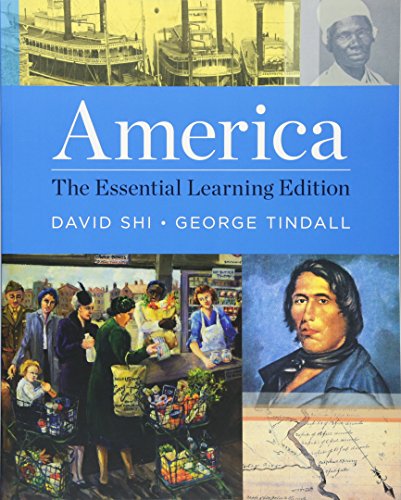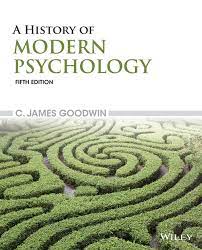What is This Product?
This Test Bank is specifically designed for the 1st Edition of America: The Essential Learning Edition. It provides a range of true/false questions that align directly with the textbook’s chapters, supporting students in mastering key concepts related to the colonial ways of life, societal dynamics, and the intellectual movements that shaped early America.
Chapter 3: Colonial Ways of Life (1607–1750)
- Individuals in the American colonies typically married at a younger age compared to those in Britain.
- Answer: True
- Many colonists held strong beliefs about the inferiority of women.
- Answer: True
- As the colonial era developed, the social position of women grew significantly worse.
- Answer: False
- Southern colonies focused their agricultural efforts on cotton cultivation.
- Answer: False
- The Half-Way Covenant was created to address religious concerns, not economic issues like New England’s balance of trade.
- Answer: False
- The Salem witchcraft allegations in 1691–1692 may have stemmed from hysteria related to conflicts with Native Americans.
- Answer: True
- New Englanders relied on the sea for their livelihood more than southerners.
- Answer: True
- Pennsylvania became the central hub for distributing European immigrants across the colonies.
- Answer: True
- Due to the dangers of traveling at night, taverns became significant gathering places during the late 17th and early 18th centuries.
- Answer: True
- The Enlightenment had minimal influence on American life.
- Answer: False
- Jonathan Edwards did not own the largest plantation or the most slaves in South Carolina.
- Answer: False
- George Whitefield was a powerful preacher who impressed figures like Ben Franklin with his eloquence.
- Answer: True
Features of This Test Bank:
- A diverse set of questions to support learning and retention of key concepts.
- Comprehensive alignment with the textbook, enhancing study efficiency.
- Immediate digital access for quick and effective exam preparation.
This Test Bank is an excellent resource for understanding the social, economic, and intellectual developments of early American history.












Reviews
There are no reviews yet.